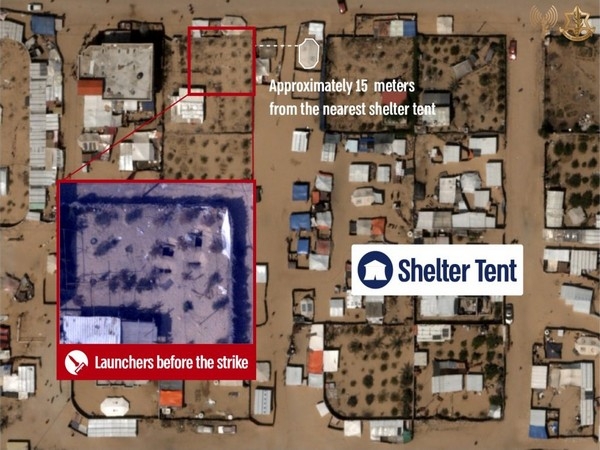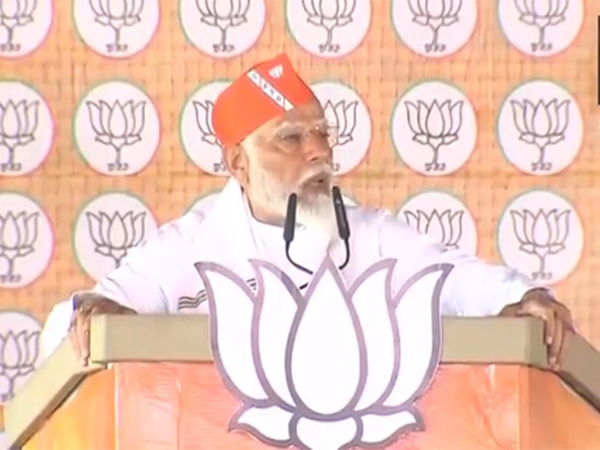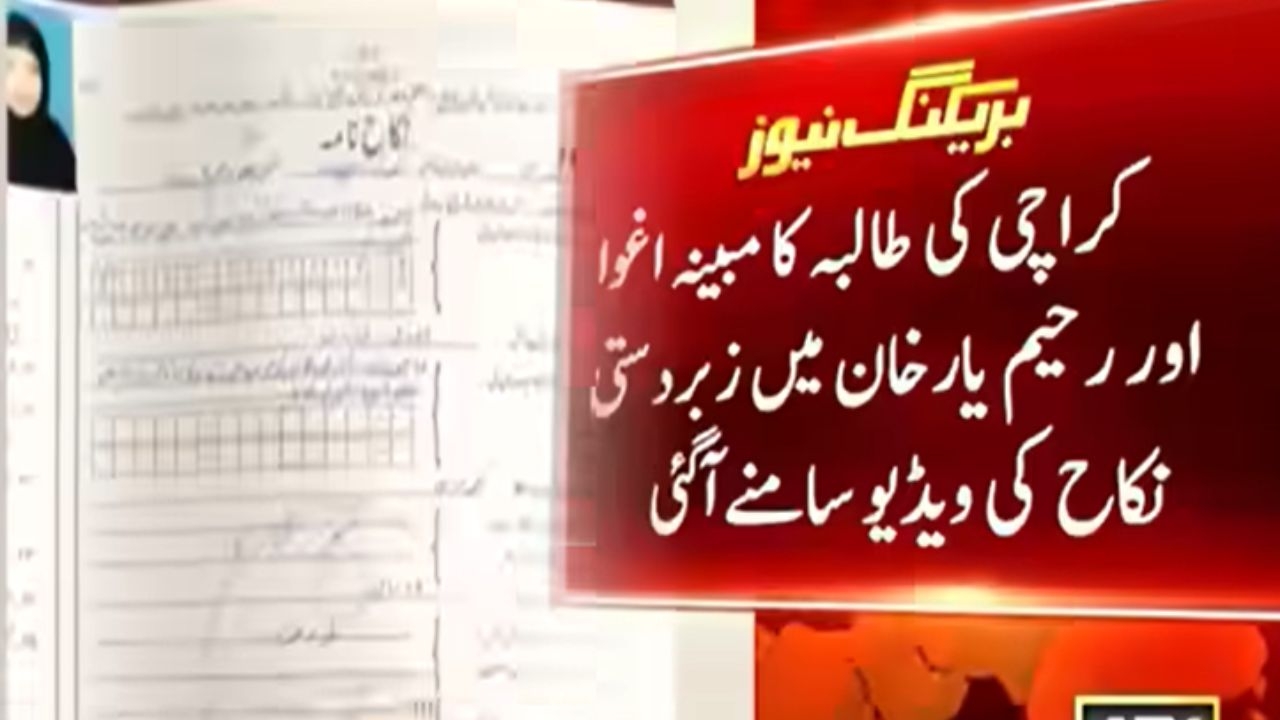India@70: How RSS-linked think-tanks are helping it capture Indian mind-space
_77163_730x419-m.jpg)
When the administration of Jawaharlal Nehru University celebrated Kargil Vijay Diwas first time ever on the campus on 23 July, a particularly aggressive former General of the Indian Army described it as the “capture” of JNU by the Army. That one statement encapsulates how the pro-Hindutva looks at institutions in the country and what it intends to do with them.
In the Sangh Parivar’s plan for socio-political-cultural dominance, institutions like JNU, that have stood for liberal thought for over half a century now, are to be “captured”. That is because these institutions do not confirm to the Sangh's belief system and are an impediment in the realisation of their goals.
There are two ways in which the led Sangh Parivar is moving ahead on this strategy. One is by “capturing” existing institutions by populating them with its own people and radically changing their character from within. The other is by setting up new institutions of its own, which are founded on and seeped in the narrow, obscurantist and paranoid vision of the Sangh Parivar.
Since opportunities for taking over institutions surface only when BJP comes to power, the bigger project that the Parivar has been engaged in over past several decades is setting up institutions of its own. Catch has earlier highlighted eight of these -
- Forum for Integrated National Security (FINS)
- Dr Shyama Prasad Mookerjee Research Foundation (SPMRF)
- India Policy Foundation (IPF)
- Forum for Strategic and Security Studies (FSSS)
- Vivekananda International Foundation (VIF)
- Public Policy Research Centre (PPRC)
- India Foundation
- Centre for Policy Studies
Here is a look at 18 other such institutions that are directly or indirectly linked with the Sangh Parivar and are involved in research on and promotion of a host of subjects aligned with the Sangh Parivar's agenda.
- Deen Dayal Research Institute – Located in Jhandewalan in the heart of Delhi, DRI claims to have been set up in 1968 under the guidance of former RSS leader Nanaji Deshmukh. The institute was in the news recently when it urged the Union government to design ‘Bharatiya thalis’ to popularise indigenous food items.
- Rambhau Mhalgi Prabodhini
Headquartered in Wadala, Mumbai, RMP is a training academy for “socio-political activists”. It was established in 1982 as a memorial dedicated to BJP leader Ramchandra Kashinath Mhalgi. Its Chairman is former RSS Akhil Bharatiya Sah Sampark Pramukh Prof Aniruddha Deshapande, while Vice Chairman is BJP MP (Rajya Sabha) Vinay Sahasrabuddhe. It made headlines recently because of launching a course to train people for becoming personal assistants to BJP MLAs and ministers in Maharashtra. It is also held responsible for influencing Maharashtra government to delete nearly all references to the Mughal rule in the state's history text-books.
- Bharat Niti (https://www.bharatniti.in/) -
Launched in 2015 as an online public policy platform, Bharat Niti claims to be “an initiative to encourage objective study and in-depth analysis on varied issues of national and international importance”. Among its key beliefs is the view that “ancient wisdom of India can play an important role in guiding the world towards a peaceful and sustainable co-existence”. On its advisory board are P Muralidhar Rao, National General Secretary, BJP, A Suryaprakash, Chairman, Prasar Bharati, KG Suresh, Director General, IIMC, Arun Anand, Former Executive Editor, IANS and R Balashankar, Former Editor, Organiser. The organiation is reportedly planning to raise a cadre of dedicated internet users to "protect Hinduism from being deprecated and its symbols desecrated on online platforms by people inspired by leftist ideologies or Islamism".
- Jammu Kashmir Study Centre (JKSC) - JKSC is RSS's think-tank dedicated to studying and conducting events on Jammu & Kashmir issues. Set up in 2011, it boasts of having 15 Branches, 25 activity centres, over 50 affiliated institutes and a 1,000-odd “volunteers” in India and abroad. The organisation is the force behind the RSS's sustained campaign to build national consensus against Article 35A of the Indian Constitution, which gives several special powers to the J&K Legislative Assembly.
- Shiksha Sanskriti Utthan Nyas (http://www.bharatiyashiksha.com/) - Shiksha Sanskriti Utthan Nyas is known more popularly through its head, Dinanath Batra, whose lifelong crusade is to change what is taught and how it is taught in the country. Batra was recently in the news for reportedly asking NCERT to remove from its books English, Urdu and Arabic words, "references to Mughal emperors as generous, former Prime Minister Manmohan Singh’s apology over the 1984 riots, and the sentence that around 2000 Muslims were allegedly killed in the Gujarat riots".
- Vijnan Bharati - Vijnan Bharati itself is not a mere think-tank but the fountainhead of many organisations. Set up in 1991, it is known as RSS's science wing and has units in 22 states. It likes to think of itself as a Swadeshi Science Movement and aims to interlink “traditional and modern sciences on the one hand, and natural and spiritual sciences on the other hand”.
Vijay Bhatkar, VIBHA's president, is the co-chair of a 19-member panel set up by the Union government to carry out “scientifically validated research” on the benefits of “panchgavya” - the concoction of cow dung, cow urine, milk, curd and ghee.
VIBHA runs at least 11 “autonomous institutions, independent organizations & project entities”, which are - - World Ayurveda foundation
- Bharatiya Vigyan Sammelan Samiti
- Global Indian Scientists and Technocrats Foundation
- Rashtriya Yuva vaigyanik manch
- National Ayurveda Students and Youth Association (NASYA)
- Jnan Vijnan Pratibha Pareeksha
- Vishwa Veda- Vijnan sammelan
- Vigyan Prasar Bharati
- Energy Innovation and implementation Foundation
- Shakti
- International Institute of Waste Management (IIWM)
- Aryavarta Vigyan Abhyudaya Foundation (AVAF) – VIBHA also runs a ‘not for profit’ company to “facilitate and promote skilled activities” by government organisations as well as NGOs.
- Science international Forums (SIF) – SIF also operates under the aegis of VIBHA and is fashioned as a “voluntary organisation formed by professionals from the field of science & technology”. Its objectives include introducing “India’s rich scientific heritage to the youth in order to kindle scientific temperament within them”.


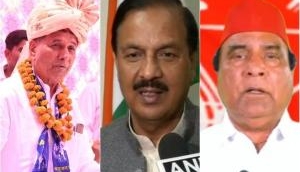
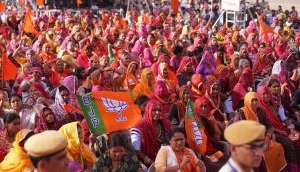

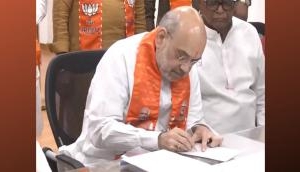
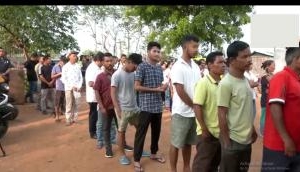
![BJP's Kapil Mishra recreates Shankar Mahadevan’s ‘Breathless’ song to highlight Delhi pollution [WATCH] BJP's Kapil Mishra recreates Shankar Mahadevan’s ‘Breathless’ song to highlight Delhi pollution [WATCH]](http://images.catchnews.com/upload/2022/11/03/kapil-mishra_240884_300x172.png)

![Anupam Kher shares pictures of his toned body on 67th birthday [MUST SEE] Anupam Kher shares pictures of his toned body on 67th birthday [MUST SEE]](http://images.catchnews.com/upload/2022/03/07/Anupam_kher_231145_300x172.jpg)


_251372_1280x720.jpg)
_251371_1280x720.jpg)
